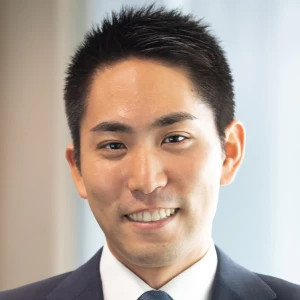Hello!
In many case-interview resources authors highlight the importance of opening the case: recap, questions, asking for time and etc. Some authors even write that this is 50-70% of success. Is it really important as indicated or it just came from Victor Cheng and many other authors copy his recommendations?
Thanks for answers!















